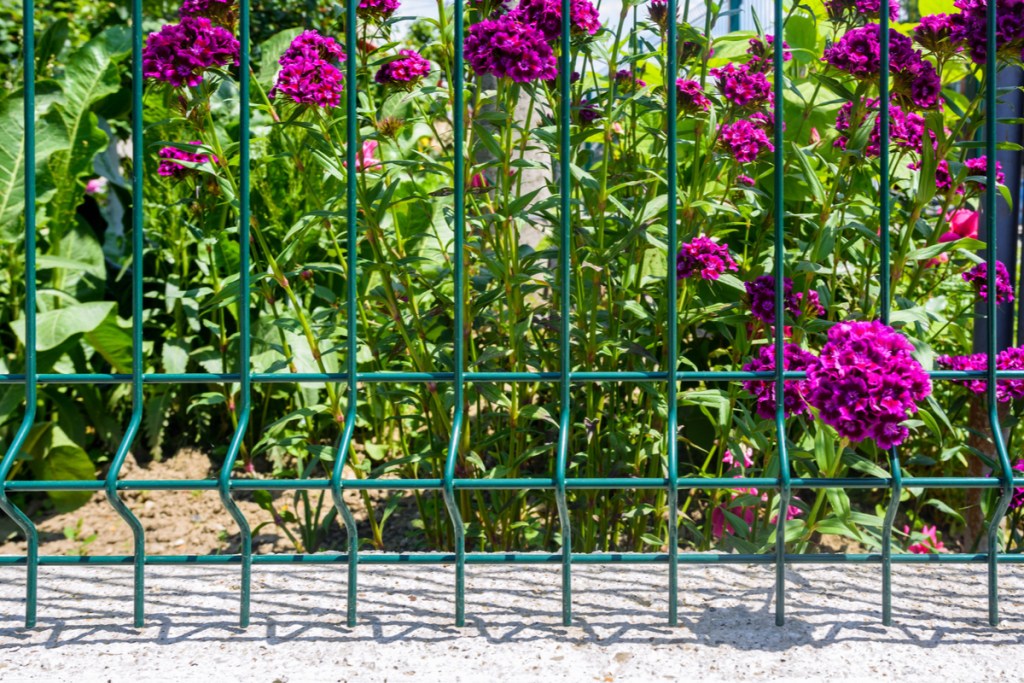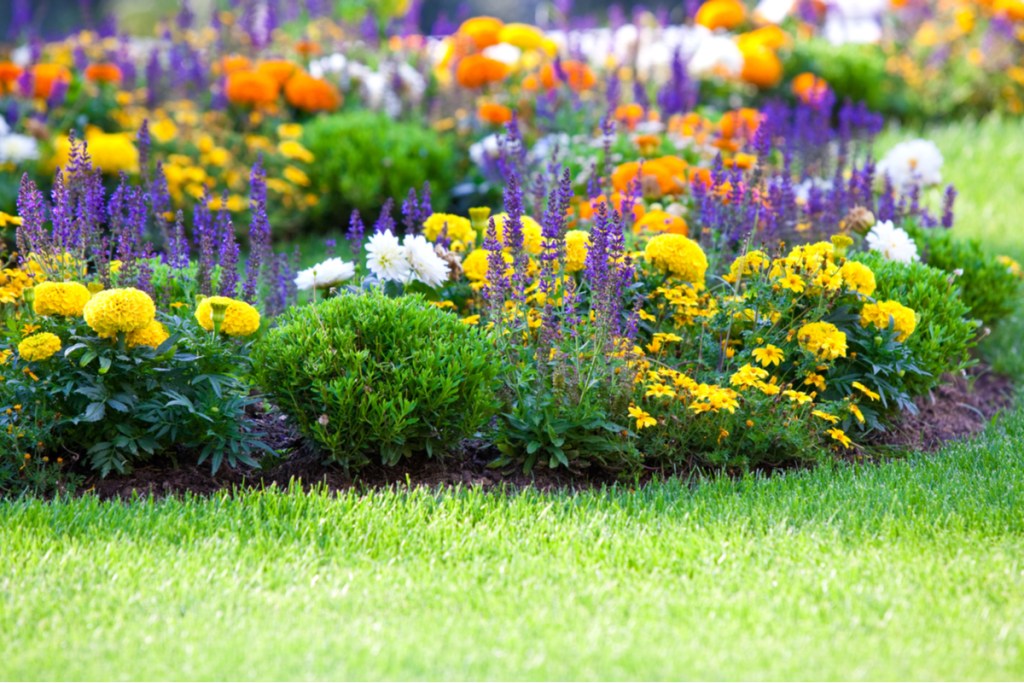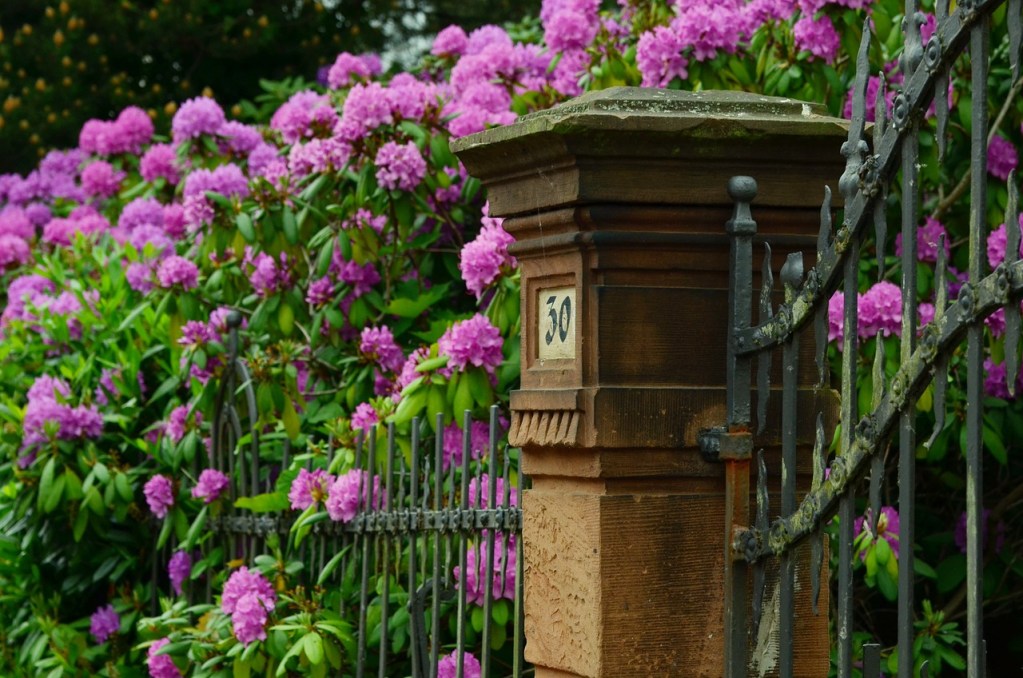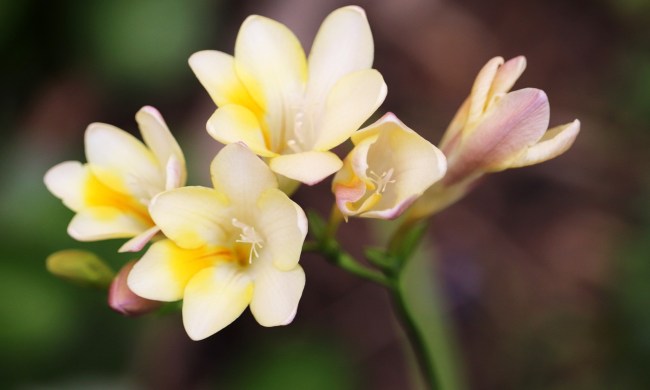If you’re planning a garden or have already planted one, you may be wondering, “Do I need a fence for my garden?” Fences can certainly be useful (and can add a nice aesthetic touch), but do you really need one? Is it worth the effort of installing a fence, or would your garden be better off without one? Alternatively, will your garden be healthier and happier with a fence? We’re here to lay out all the facts and help you decide whether a garden fence is right for you and if it’s worth the investment.
Benefits of garden fences
Garden fences are useful for a variety of reasons. Many gardeners put fences up to control pests. Fences with small gaps can keep most mammals out, which is great if you have pesky rabbits bothering your lettuce. Taller fences can help keep deer and some squirrels out as well, while fences with no gaps at all can even reduce the number of ground-dwelling animals and insects getting into your garden.
Fences also offer support for vining plants. Although a full trellis is better for heavier plants, smaller vines can and will climb fences without issue. This is true of almost any style of fence made from any material, although it’s easier for vines to climb fences with small gaps in them.
Another benefit of fencing that’s often overlooked is that it can reduce the amount of sunlight that hits delicate vegetables and flowers. Depending on the style of fence you choose, it can also offer your plants some protection from the wind.
Of course, fences also serve an aesthetic purpose. Fences come in an assortment of styles, materials, colors, and sizes, so there’s a style and color suitable for any garden. Fences also break up large chunks of flat space easily and define your garden space. Defining the outer edge of your garden can also make it easier to care for your lawn — finally, you won’t have to worry about accidentally mowing over your plants!

Drawbacks of garden fences
On the other hand, fences can become obstacles, especially in small spaces. If you’re already low on available space, then fences can make it harder to get around your garden. This is particularly true at the edges of your garden, where plants may be growing close to the fence.
If you plan on expanding your garden, fences can also hamper that. Some fences are relatively easy to move, but many others can be more difficult. If you enjoy the freedom of being able to adjust the size and shape of your garden, fences might be an unwanted limitation for you.
While it’s true that fences make you less likely to mow over your garden, they do make it slightly more difficult to care for your lawn directly next to the fence. Not all lawn mowers can cut that close to an edge, so you’ll need a weed eater to handle fringe work.
Fences are also an additional structure to maintain. Normal upkeep in general is not difficult, but if you’re already feeling strained by your other yard commitments, adding a fence to the mix may not help things.
And then there’s the issue of cost. Fencing in a small area is relatively inexpensive, especially if you choose wood or plastic. However, the cost of fencing in a large area can be surprisingly high, depending on the material, style, and size of fence and where you purchase it.

So what does all this mean for you?
Now that we’ve established the facts of the case, it’s time to start the decision-making process. The first thing to do is sort through the pros and cons and determine what does and doesn’t apply to you. For example, if you have a large space available, you probably don’t need to worry too much about making your yard difficult to maintain by adding a fence. On the other hand, though, because you have more space to cover, cost might be a bigger issue for you than for someone who only has a small garden to fence in. In most cases, garden fences are not absolutely necessary, so it really comes down to personal taste and whether or not a fence will improve your life and your enjoyment of your garden.
Next, you need to decide what the most important factors are to you. For instance, if rabbits continuously eat your vegetables before you can harvest, then the pest control aspect may be much higher on your list than, say, the potential difficulties of lawn care.
From there, you’ll have to assess your priorities. If most of your list falls in the positive category, or if the top few items are positive, then you may be in the market for a new fence! If your list is predominantly negatives, then you should be just fine without one. Ultimately, the decision is up to you, but we hope this list has given you a solid foundation you can use to make an informed decision and make your garden the best it can be.




